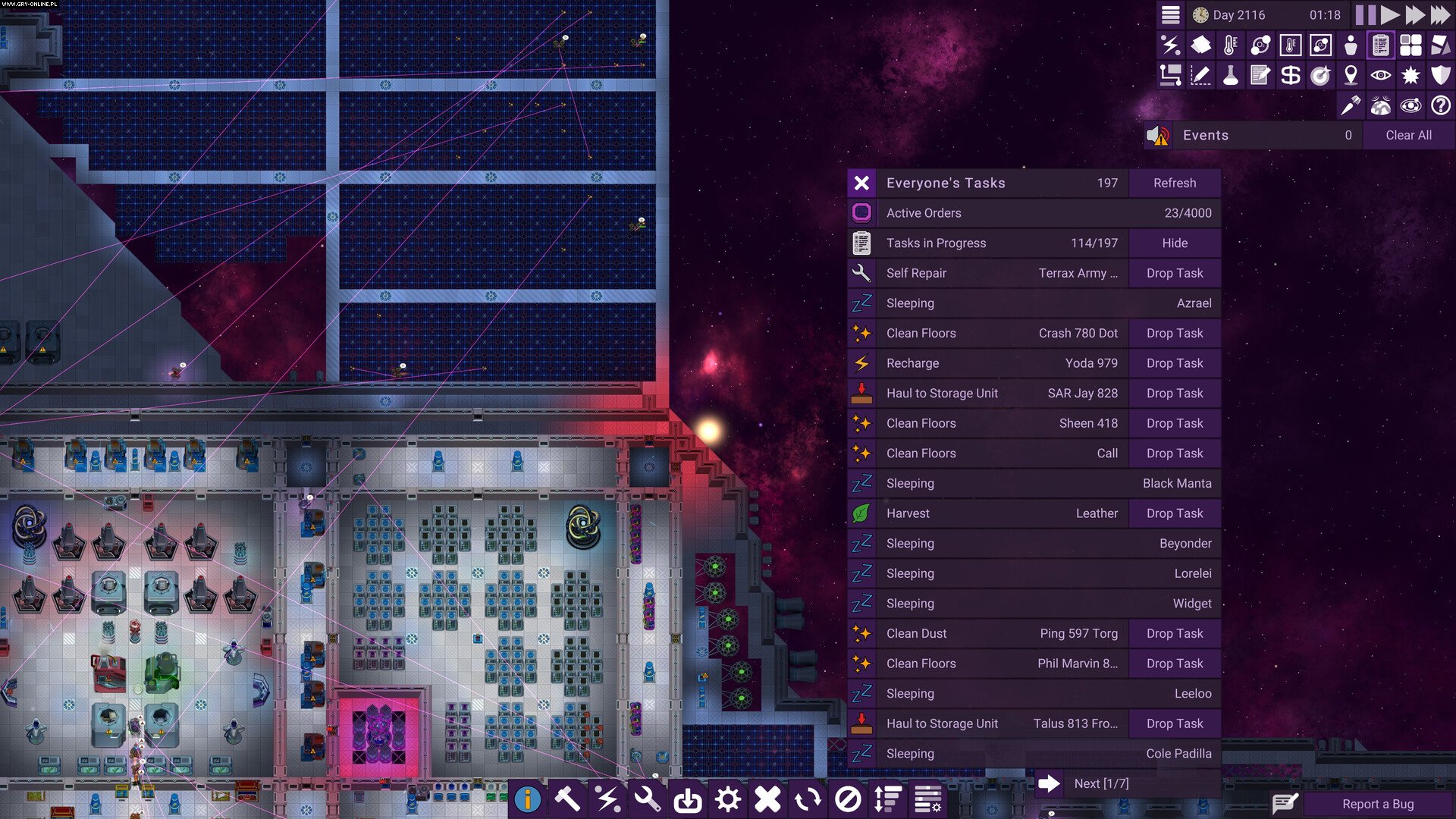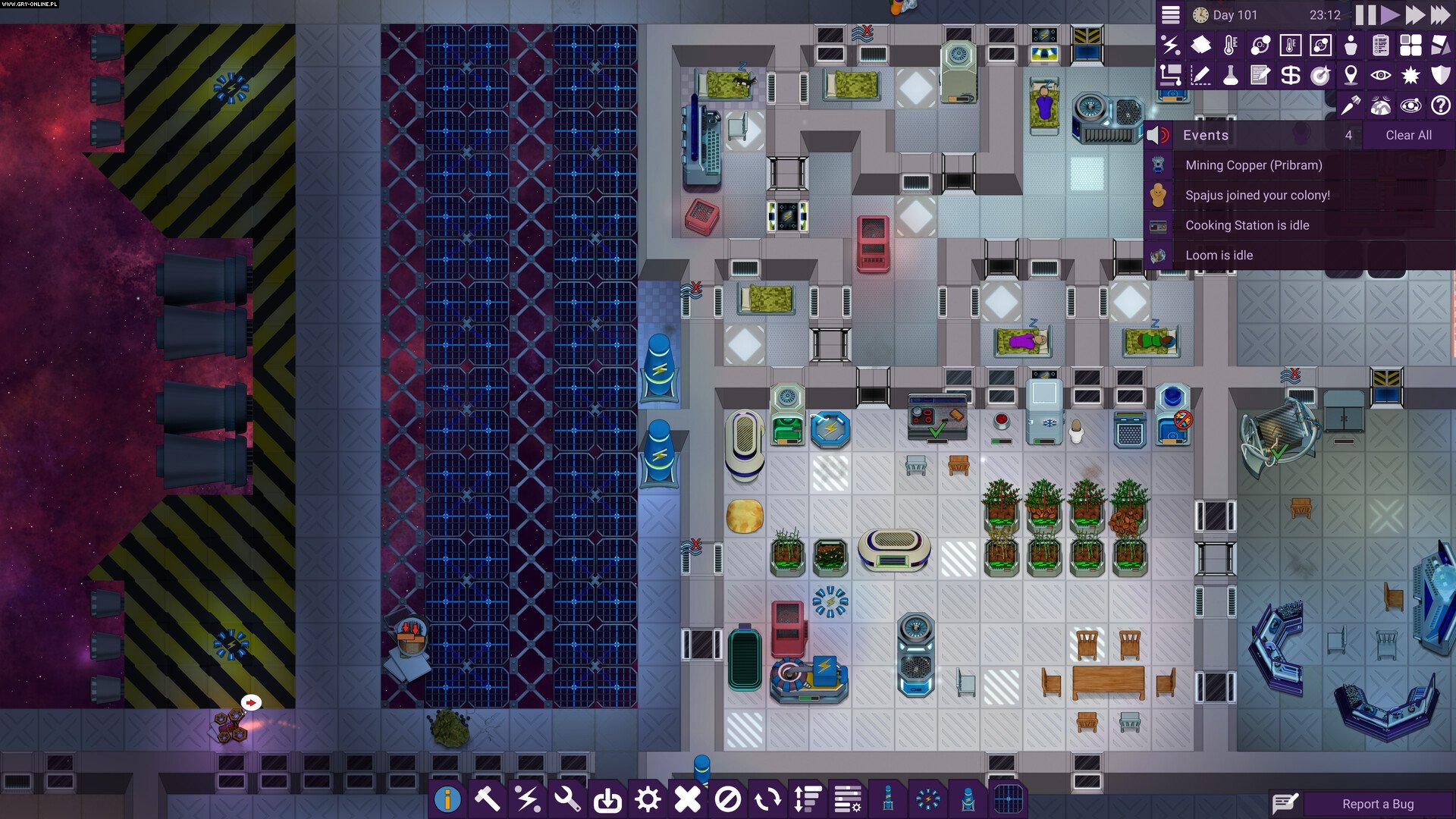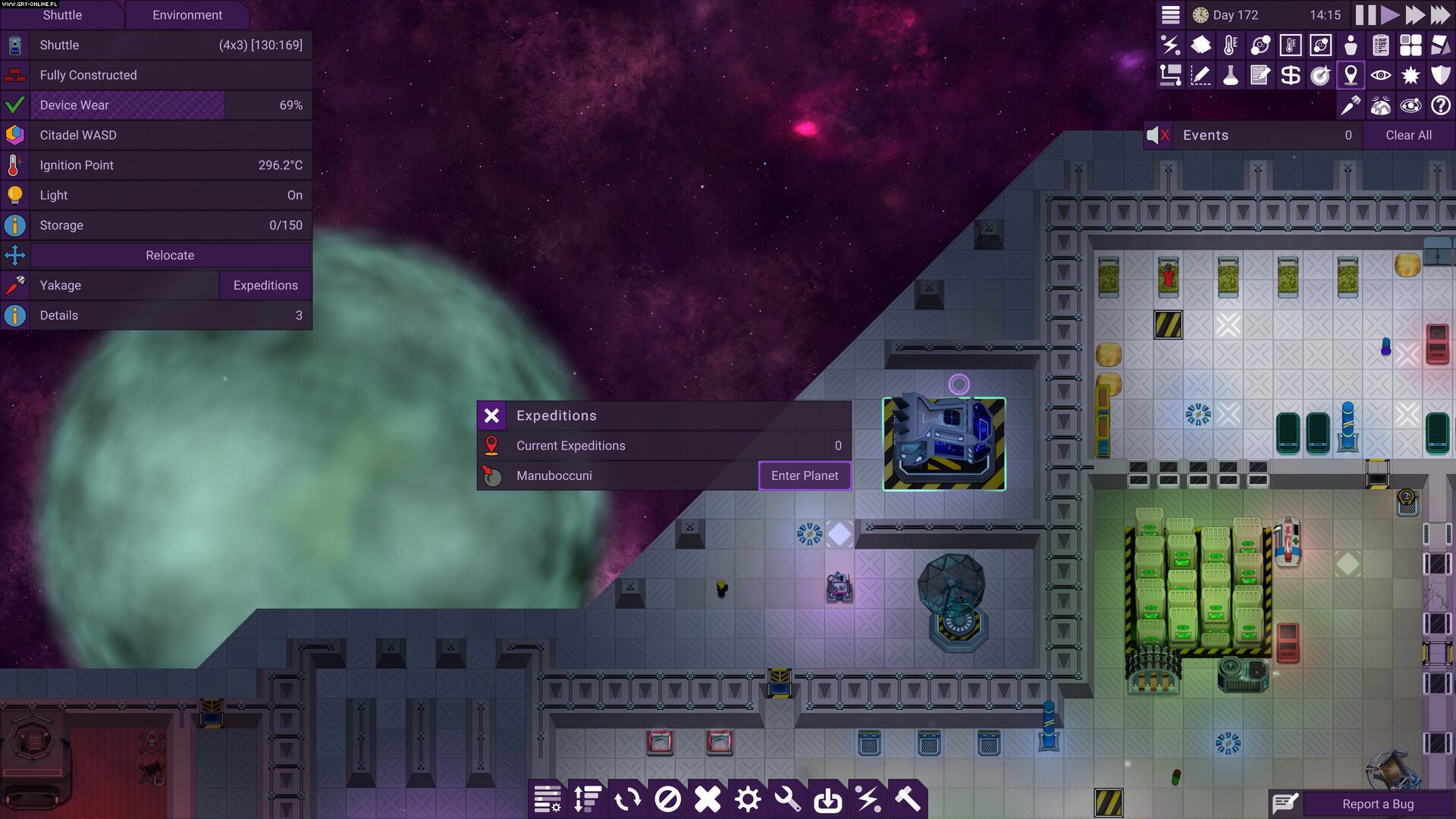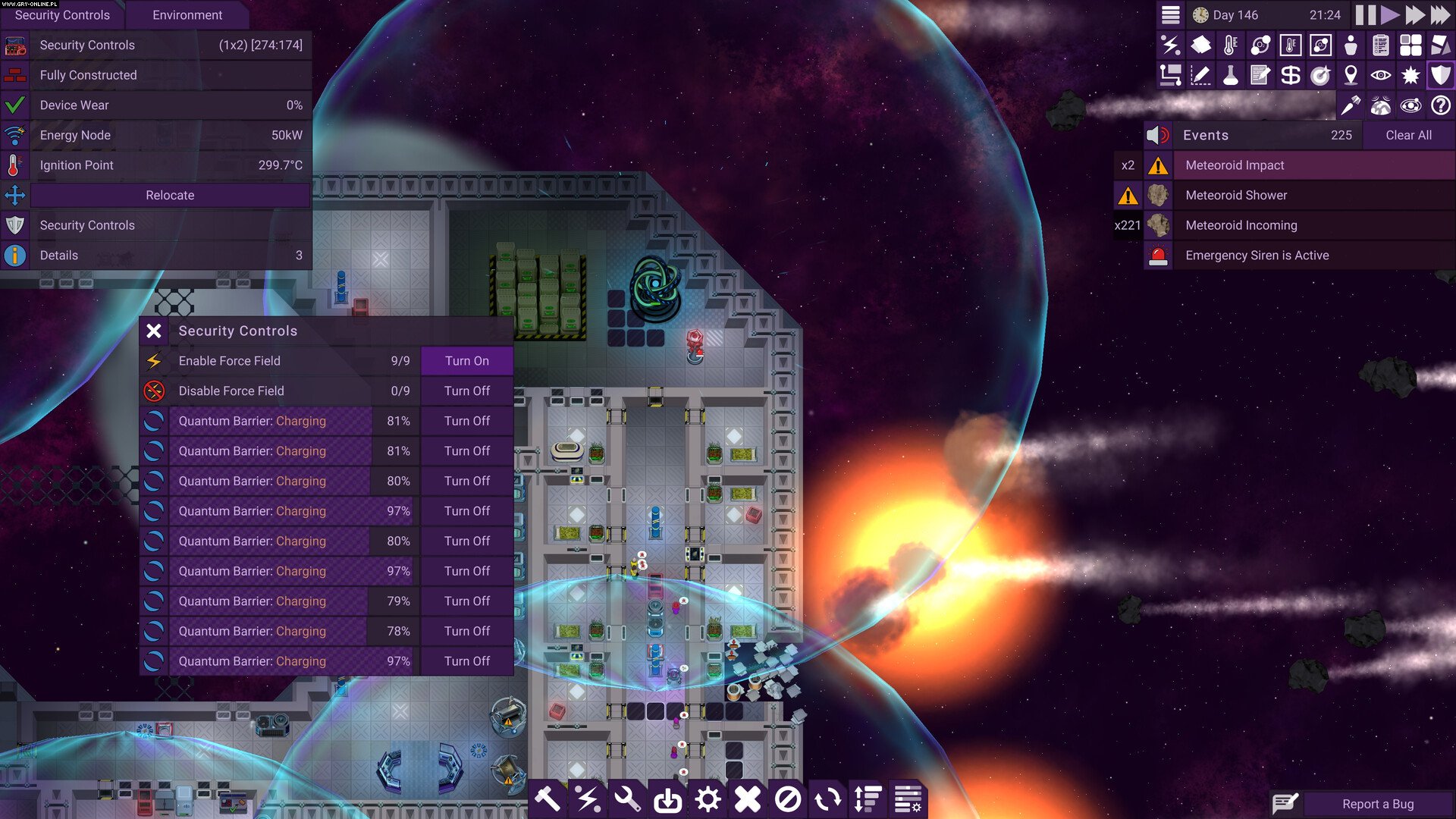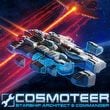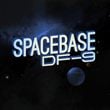Game mechanics
In Stardeus we observe the action from a top-down view. Everything related to the necessity of keeping the space ship in good condition rests on our shoulders. Wandering through the Universe, we acquire various resources, which we then process into useful components for expanding and repairing the ship, as well as use to generate energy to power various systems. In addition, we cultivate the land and turn the harvested crops into food for our colonists. In addition to this, we have to take care of researching new technologies in advance, among which we will find both more and less conventional (developed on the basis of acquired technologies of alien civilizations) inventions. They allow us not only to improve the quality of life on the ship or streamline many processes, but also to speed up interstellar travel.
We can automate many processes, creating production chains. However, we won't experience the belts native to factories, and moving materials from place to place is handled by our crew. Although we start the game with only a handful of drones, over time we can replenish their ranks with additional machines. Besides, as we progress, our colonists awaken from hibernation, so we can send them to work as well. The game has implemented a system of needs, which watches over the behavior of individual units, and checks what tasks they should prioritize. For example, an unloading drone is more likely to build solar panels, and colonists work on growing plants and harvesting crops first. Interestingly, we can freely modify only the robots' priorities. We have no such influence on human behavior.... unless we decide to install special implants in their brains. In addition, colonists have individual character traits that determine their behavior; those with obsessive neurosis are fiercely concerned with order on the ship (even at the expense of performing their duties), those suffering from insomnia fall asleep only when they are on the verge of exhaustion, while those with ablutophobia avoid bathing. In addition to robots and humans, animals can also make their home on the ship; although they are not very useful, they make people feel better.... and robots don't pass by them indifferently either.
Although there is nothing stopping you from trying to harness colonists to work by force, a much better effect on their productivity is to take care of their well-being and needs. In addition to providing them with food and drinking water, we also need to pay some attention to the oxygen supply, as well as the temperature on the ship. And in order to have the best possible control over the systems and robots operating on board, it is necessary to create an extensive electrical network, which is used not only to provide energy, but also to exchange data. The latter makes it imperative that we design it so that all devices on board are connected to the same network as the main computer. We obtain the energy itself in various ways - by burning resources in a special furnace, by building nuclear reactors (which need uranium to operate), by cladding the ship's hull with solar panels, and even.... using people as living batteries.
The cosmos is procedurally generated and not only are we not alone in it, but it is also teeming with a variety of threats. Along the way we can meet both friendly traders (we can sell them surplus goods created on the ship and buy hard-to-get goods from them; there is a space market in the game, which dictates prices), pirates (from whose attacks we have to defend ourselves by creating automated security systems) or aliens straight out of cult horror movies (laying characteristic eggs and attaching themselves to the faces of colonists). A lot of blood can also be spoiled for us by natural threats, such as dust storms or meteorite rains. In addition, our crew takes part in randomly generated story events. We can also (and even should) send astronauts on expeditions; after landing on an alien planet, they can undertake the construction of a mining outpost and gather necessary (or simply valuable) resources for us, like uranium for nuclear reactors.
Due to the complexity of the game, not only a tutorial has been implemented, which introduces us to the meanders of the gameplay, but also a special suggestion system; when the program detects that we are about to make an unfavorable decision, it displays an appropriate hint to us. In addition, there is room for special modifiers that allow us to adapt the gameplay to individual preferences and skills.
Game modes
Stardeus contains scenarios that vary in terms of starting conditions. In addition, a sandbox mode, in which we don't have to look at any restrictions, awaits checking here. In addition, the title supports fan modifications.
Technical aspects
Stardeus features simple, but at the same time colorful and clear graphics, so we can quickly get an idea of the situation on the ship.
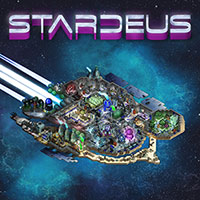
![[1:15] trailer #1](https://cdn.gracza.pl/galeria/filmy/640x360/516876656.jpg)
